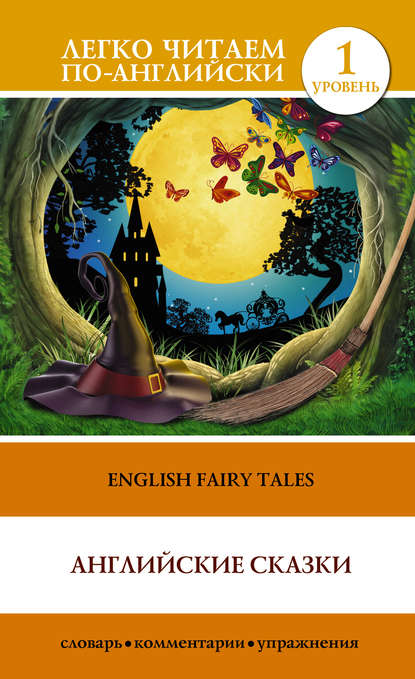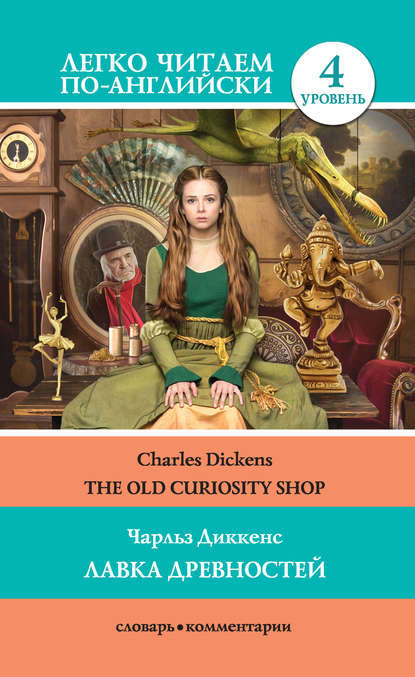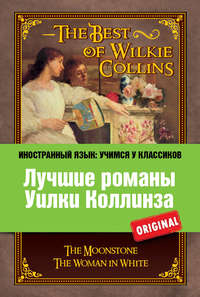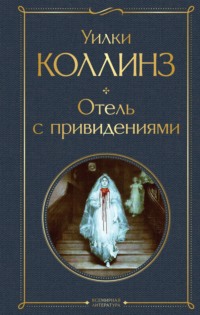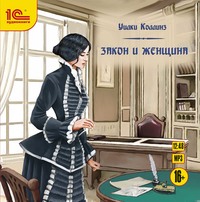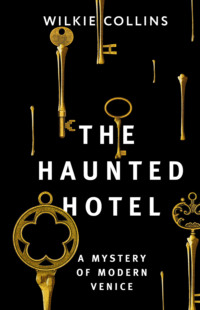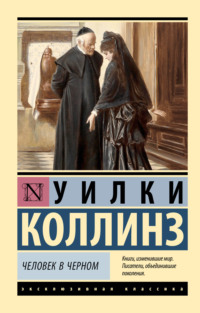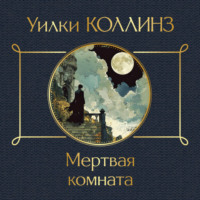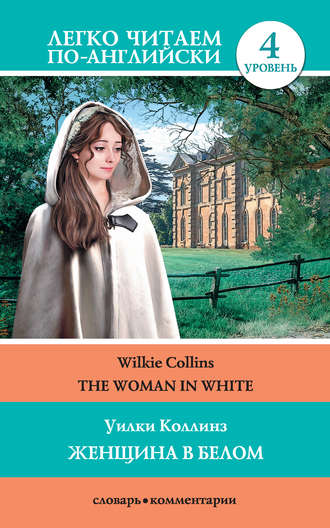
Полная версия
The Woman in White / Женщина в белом
I said a few words in answer – I hardly know what. All my attention was concentrated on the white gleam of Miss Fairlie’s dress.
“Listen to the last sentences of the letter,” said Miss Halcombe. “I think they will surprise you.”
As she raised the letter to the light of the candle, Miss Fairlie turned from the balustrade, looked doubtfully up and down the terrace, and then stopped, facing us.
Конец ознакомительного фрагмента.
Текст предоставлен ООО «Литрес».
Прочитайте эту книгу целиком, купив полную легальную версию на Литрес.
Безопасно оплатить книгу можно банковской картой Visa, MasterCard, Maestro, со счета мобильного телефона, с платежного терминала, в салоне МТС или Связной, через PayPal, WebMoney, Яндекс.Деньги, QIWI Кошелек, бонусными картами или другим удобным Вам способом.
Примечания
1
Walter Hartright – Уолтер Хартрайт
2
Clement’s Inn – Клементс Инн
3
Frederick Fairlie, Esquire, of Limmeridge House. Cumberland– Фредерик Фэрли, эсквайр, владелец имения Лиммеридж в Кумберленде
4
water-colours– акварель
5
your father never had such a chance as this– твоему отцу никогда так не везло
6
I was so soon to superintend– мне вскоре надлежало обучать
7
Hampstead– Хэмпстед
8
Finchley– Финчли
9
St. John’s Wood– Сент-Джонз-Вуд
10
Regent’s Park– Риджент-Парк
11
I have met with an accident– со мной что-то случилось
12
Baronet– баронет, владелец наследуемого титула, выдаваемого британской Короной.
13
at a quick pace– поспешно
14
What had become of her now?– Что теперь с ней стало?
15
Marian Halcombe– Мариан Голкомб
16
my half-sister’s father– отец моей сводной сестры
17
secondly– во-вторых
18
thirdly– в-третьих
19
Miss Fairlie’s guardian– опекун мисс Фэрли
20
You don’t say so!– Да что вы говорите!
21
frock-coat– сюртук
22
I see in your face– я вижу по вашему лицу
23
in the form of a miniature Swiss chalet– домик в швейцарском стиле
24
at my request– по моей просьбе
25
Anne Catherick– Анна Катерик


